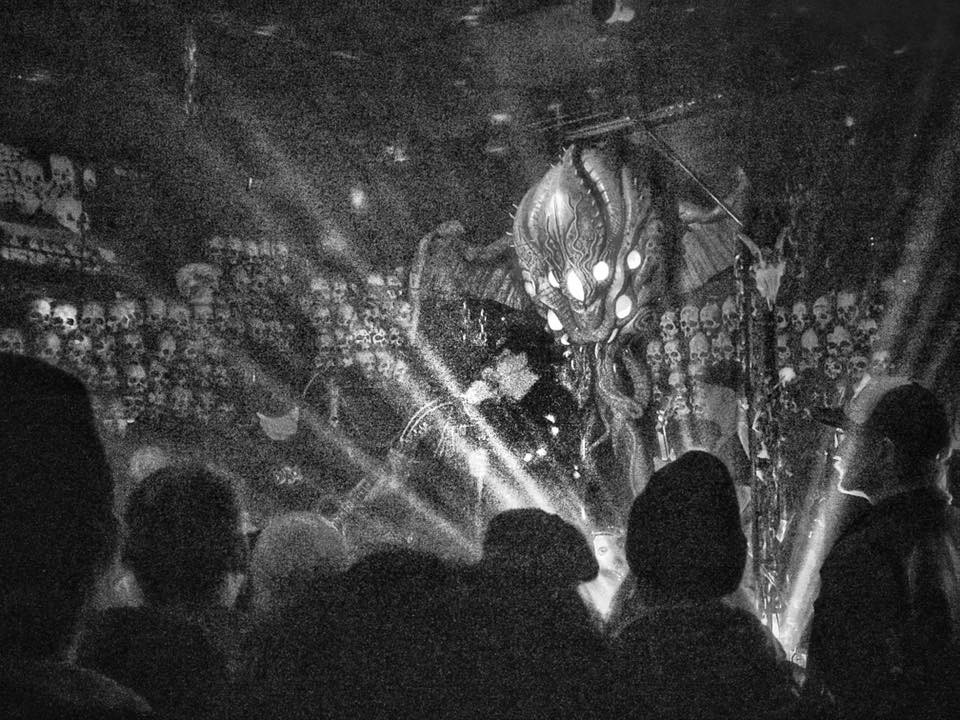THE GURDJIEFF WORK AND PSYCHO-ACTIVE DRUGS.
Now that marijuana is on the road to legalization, people in the Work should probably decide how they feel about psychoactive drugs with regard to the Gurdjieffian path. My own view is that narcotic use is counterproductive once one has seriously taken up the Gurdjieff work–but there are howevers and modifiers to apply here…
I was told by my teachers in the Work that GI Gurdjieff was opposed to their use while one is engaged in the Work. Lord Pentland, a very influential teacher in the work, was quite strictly opposed to any use of narcotics. Late in life, Ouspensky recommended against them–but he tells of his own experiments with Hashish in one of his books. Gurdjieff certainly knew a good deal about mind altering drugs–he wrote discourses on opium and cocaine–and I have no doubt he had some experience of hashish and probably other drugs, early in his search.
That’s a key phrase, to me–”early in his search.”
Here’s what Gurdjieff told Ouspensky: “There are schools which make use of narcotics in the right way. People in these schools take them for self-study; in order to take a look ahead, to know the possibilities better, to see beforehand, in advance, what can be attained later on as the result of prolonged work. When a man sees this and is convinced that what he has learned theoretically really exists, he then works consciously, he knows where he is going. Sometimes this is the easiest way of being convinced of the real existence of those possibilities which man often suspects in himself.”
So, Gurdjieff acknowledges that mind altering drugs may have some value at a certain point, for some people. (Other people, psychologically fragile or over suggestible people, should avoid them entirely, in my opinion.) That is, psychoactive drugs, like mescaline, say, or certain mushrooms, or even hashish, may open the curtains on a small window. And one can then look through the window and see a wider world out there: the world of higher consciousness. One may briefly be able to perceive more vividly, more intensely, sometimes more insightfully…One’s “frames per second” in the film of reality will increase in number–more will be included. Often it can seem too much more–the experiencer, without the being to handle the increase in perception, can feel overwhelmed.
While a glimpse of something real can be had there, the view of higher consciousness through drugs is blurred by one’s own mind; distorted by hallucinations, personal obsessions, cerebral wiring. And to me it has always appeared that the more frequently people take a drug, the less real use they’re getting from it.
Gurdjieff, quoted above, spoke of certain drugs offering a glimpse into the possibilities of higher consciousness better “in advance”. Implied in his putting it that way is that it’s kind of like climbing a tree to see the lay of the land before a journey. But you do not stay in that tree–and don’t try to jump from tree to tree! You have seen something that confirms that there is a place you can travel to. But now you have to find the practical way to get there: step by step, on the ground, with your eyes wide open.
Use of mind altering drugs has risks. It would be irresponsible to recommend it. But I can’t say it didn’t help me a few times, as a young man, many years before I found the Work. It briefly opened those curtains for me and that was encouraging–I learned that there was something more. Ram Dass said that LSD insight is like a business call–once you get the message, you hang up.
Bottom line, what is attainable by work on oneself is far more vital, more rewarding, more nourishing than drug experience. Higher consciousness achieved through the Gurdjieff work is something that accretes in us slowly–but permanently. And it comes to us without hallucinations, or bad trips, or throwing up, or fits of paranoia.
But here comes a however–some people may have legitimate reasons for moderate use of marijuana, or hash or “magic mushrooms”. Medical reasons perhaps, with pot–and there are legitimate therapeutic uses of psilocybin in psychotherapy. I don’t know as these milder drugs should be entirely forbidden to people in the Work–it’s up to those people themselves, of course. It seems to me that someone could smoke their weed occasionally if they’re not foolish enough to come to a work group stoned, or to try to sit in Fourth Way meditation while stoned. My opinion is, they probably won’t find it a terrible impediment to the Work if they do it occasionally, not in a Work context.

